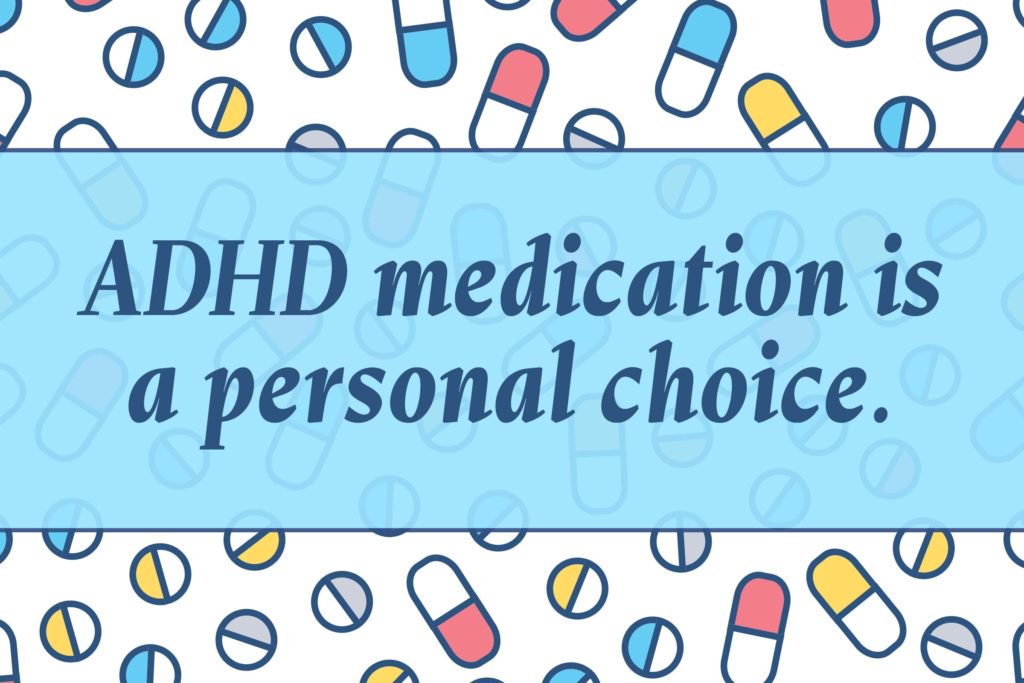Many experts caution against labeling normal preschool behavior as a sign of ADHD, but when symptoms seem extreme, it’s natural for parents to worry.
deficit hyperactivity disorder (ADHD) is difficult to diagnose in preschool-aged children because many ADHD symptoms are part of age-appropriate behavior for preschoolers. Learn the myths about ADHD that we still get wrong.
Characterized by hyperactivity, impulsivity, and an inability to focus, ADHD frequently accompanies other problems, like learning disabilities and anxiety. The diagnosis guidelines set by the American Academy of Pediatrics are designed for kids aged 6 to 12, precisely because at younger ages so many apparent ADHD symptoms are simply expressions of age-appropriate behavior. What’s more, many symptoms in younger children can be sourced to environmental issues, such as moving, divorce, or a family death.
With this in mind, it’s easy to see why many experts caution against labeling what could very well be normal preschool behavior as a sign of ADHD. According to ADDitudemag.com, diagnoses at this age depend on degree: kids with ADHD are more extreme than average children and will have trouble sitting still and focusing, even when the activity is a pleasurable one.
Here are some tips that can help parents:
View your child’s teacher as a resource. ADDitudemag says experienced teachers (i.e., those with a baseline understanding of normal preschool-age behavior) can help parents tremendously. It’s important to identify whether extreme behaviors occur in all environments, as opposed to just at home or just in the classroom.
Pay attention to early indicators. Initial expulsions or outbursts during the preschool years that predict ADHD involve aggression, poor participation in group activities, and disregard for others’ personal space.
Keep an eye out for peer rejection. One of the consequences of extreme classroom behavior is peer rejection. Children with ADHD will find themselves shunned by their classmates, lonely on the playground or uninvited to playdates. It’s possible parents will notice peer rejection prior to understanding its behavioral cause.
Intervene early. While it’s difficult to diagnose at the preschool age, it’s not a bad idea for parents who suspect ADHD to try some positive behavior management approaches. About.com suggests focusing on structure and predictability, distraction reduction, and even the option of smaller classroom settings. These modifications may help prevent the peer-rejection issues mentioned above.





